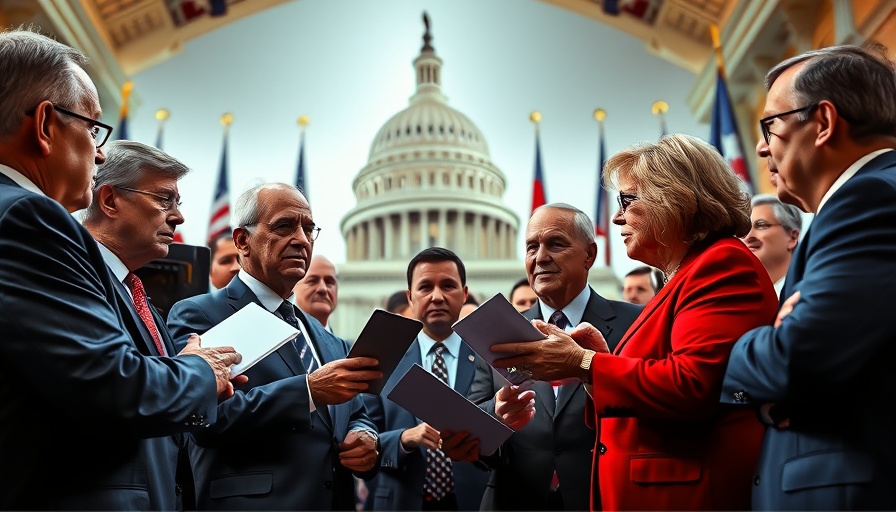
Texas's Longstanding War on Cannabis: A Historical Overview
Texas has a complex relationship with cannabis that dates back to 1915, when El Paso became the first city in the U.S. to outright ban marijuana. This early precedent set the stage for decades of cannabis prohibition that continues to this day. As highlighted by Austin Zamhariri, executive director of the Texas Cannabis Collective, the state’s decision to enact a ban through Senate Bill 3 is just the latest chapter in a long story of cannabis stigmatization in Texas.
Bill SB 3: The New Prohibition in Texas?
Senate Bill 3, led by Lieutenant Governor Dan Patrick, threatens to restrict a booming THC market that sprouted following the legalization of hemp in Texas in 2019. With nearly half of U.S. states legalizing some form of recreational marijuana, the push for SB 3 seems like a regressive leap that could cost the state thousands of jobs and billions in taxable revenue. As public sentiment shifts towards acceptance of cannabis use, lawmakers are risking a backlash from constituents who have embraced this once-controversial product.
Parallel Example: The Roaring ’20s Alcohol Prohibition
The situation parallels the alcohol prohibition era of the 1920s, where bans only spawned underground markets. The current unregulated THC industry is reminiscent of Prohibition-era speakeasies. As cannabis consumption becomes normalized in Texas, it raises the question: will residents return to the shadows in defiance of this new prohibition era?
Future Predictions: Economic Impacts of Banning THC
If signed into law, SB 3 could wipe off a projected stream of income that fuels countless jobs across the cannabis sector. As described by various industry experts, banning THC won't just hurt entrepreneurs and consumers; it might also exacerbate existing economic disparities in Texas by cutting off a revenue stream that would otherwise contribute significantly to local economies.
Counterarguments: Safety vs. Prohibition
The ban is framed as a protective measure, especially for children. However, one must consider whether prohibition truly enhances safety. Opponents argue that regulation and education are far more effective than outright bans. Zamhariri points out that the normalization of cannabis has opened discussions around responsible usage and could serve to reduce misuse as opposed to prohibiting it altogether.
Common Misconceptions: Reefer Madness in Today's Context
The narrative of ‘reefer madness’ is a relic of the past, and current research supports a more nuanced view of cannabis. Many Texans now see cannabis as a preferable alternative to alcohol and pharmaceuticals. Research shows rather than leading to dependency or health crises, responsible cannabis use can contribute to overall well-being.
Actionable Insights: What You Can Do
Texans concerned about the THC ban should engage in grassroots advocacy, voicing their opinions to legislators and participating in public discourse. Support local cannabis businesses and educate friends and family on the implications of the THC ban, ensuring widespread understanding and opposition to this restrictive measure.
Conclusion: A Call for Rethinking Prohibition
As Texas gears up for a new prohibition era, it's essential to reflect on the lessons learned from the past. Citizens have the power to influence policy and shape the future of cannabis in the Lone Star state. Become an informed voice, engage in dialogue, and help steer Texas towards a path of moderation and understanding instead of restriction and ignorance.
 Add Row
Add Row  Add
Add 




 Add Row
Add Row  Add
Add 


Write A Comment